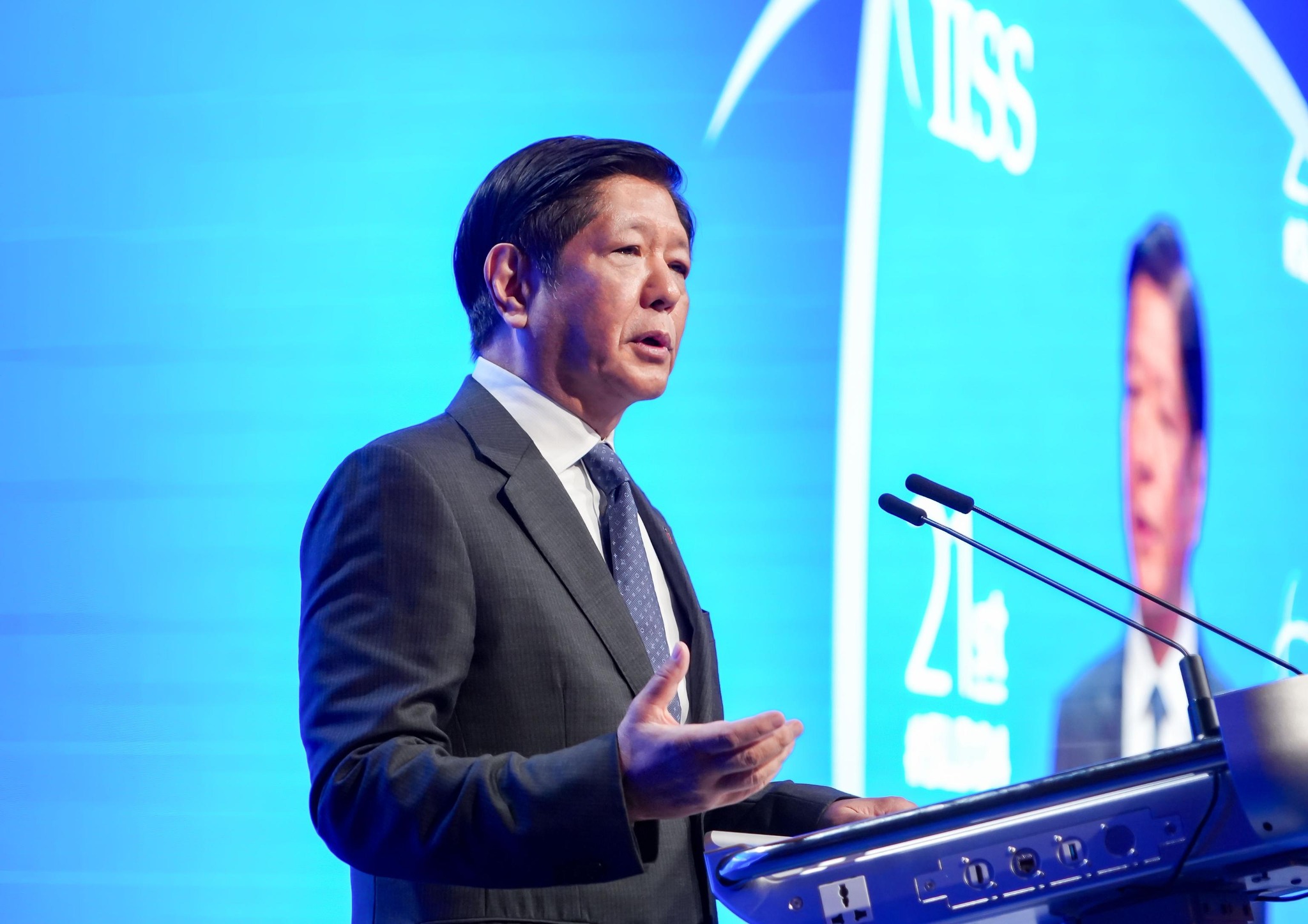
By Joyce Ann L. Rocamora | Philippine News Agency
President Ferdinand R. Marcos Jr.’s public declaration that the Philippines will “respond accordingly” in case a Filipino gets willfully killed in the West Philippine Sea (WPS) is a “clear” indication that the country is becoming more proactive in its approach amid Chinese harassment in the area, a geopolitical analyst said Saturday.
“It is clear now that Manila is proactive enough to set the red line as well. We are not reactive anymore. Obviously, this is done with consultation with the US, because it’s an alliance,” Prof. Don McLain Gill of the De La Salle University (DLSU) Department of International Studies said on the sidelines of the Saturday News Forum in Quezon City.
“There is that realization in Manila that whatever is happening against the Filipino people must be taken [into] account for, particularly by Beijing,” Gill said.
Marcos during the 21st edition of the International Institute for Strategic Studies Shangri-La Dialogue on Friday said that “if by a willful act” a Filipino serviceman or citizen is killed in the WPS, it would be “very close” to an “act of war”.
Marcos made the remark when asked what actions would trigger Manila to invoke the Mutual Defense Treaty with the US.
“We already have suffered injury, but thank God, we have not yet gotten to the point where any of our participants, civilian or otherwise, have been killed,” the President noted in an apparent reference to Manila’s previous run-ins with Beijing, including the latter’s use of water cannons on Filipino vessels delivering supplies to Ayungin Shoal or Scarborough Shoal.
“But once we get to that point, that is certainly we would have crossed the Rubicon and certainly crossed the Rubicon. Is that a red line? Almost certainly it’s going to be a red line.”
For Gill, the Philippines is heading in the right direction in making a strong stand to defend its rights based on international law.
“Imagine what we have achieved in these two years already. If we continue this approach, I believe there will be a lot of tangible results,” he told the Philippine News Agency.
“It depends on our domestic political will and Marcos Jr. has clearly shown that we have that political will. I’m very much confident in where we are heading right now, we are not extending ourselves as a tool of the power competition but we are setting our own destiny based on our vision carved out of the Indo-Pacific,” he added.
Prof. Renato Cruz De Castro, also an international studies professor at the DLSU who specializes in East Asia, said Marcos’ policy speech at the Shangri-La Dialogue fully articulated Manila’s security concern while assuring the Filipino people that the government is ready to face these issues head-on.
“In a way, it’s an articulation of our security concern, our security challenges but it ends with a very optimistic note – that we are prepared to face this challenge based on the fact that we’re building up our capabilities and, of course, the importance of linking of our maritime security to our economic security,” he said.
Gill also praised Marcos for rallying the Association of Southeast Asian Nations (ASEAN) not to turn a blind eye to what he described as “atrocities taking place against international law”.
“It’s very refreshing to see a Southeast Asian country creating that rallying cry not just for Southeast Asia but the rest of the middle powers and the less powerful states in the Indo-Pacific,” he said.
“It is very significant and we are also proving it in action as well – hindi lang po ito words,” he added.
Rommel Jude Ong, a retired Philippine Navy rear admiral and a professor of praxis at the Ateneo School of Government, said Marcos was also “very careful” not to antagonize the ASEAN and omitted a direct mention of China in his speech.
“Hindi naman lingid sa ating kaalaman, medyo kakaiba tayo sa ASEAN. In fact, most of ASEAN member states do not agree with the way iyong gobyerno natin inilalabas iyong ating China Policy,” he pointed out.
“He never named China directly (in his speech) because he read the room. Naiintindihan niya na kailangan din niyang ma-win over iyong ASEAN member states na present doon,” Ong said.
“So, marami siyang tinarget na audience doon sa speech niya at makita natin na substantive iyong pagkakalatag niya noong kaniyang plataporma kumbaga,” he added.
